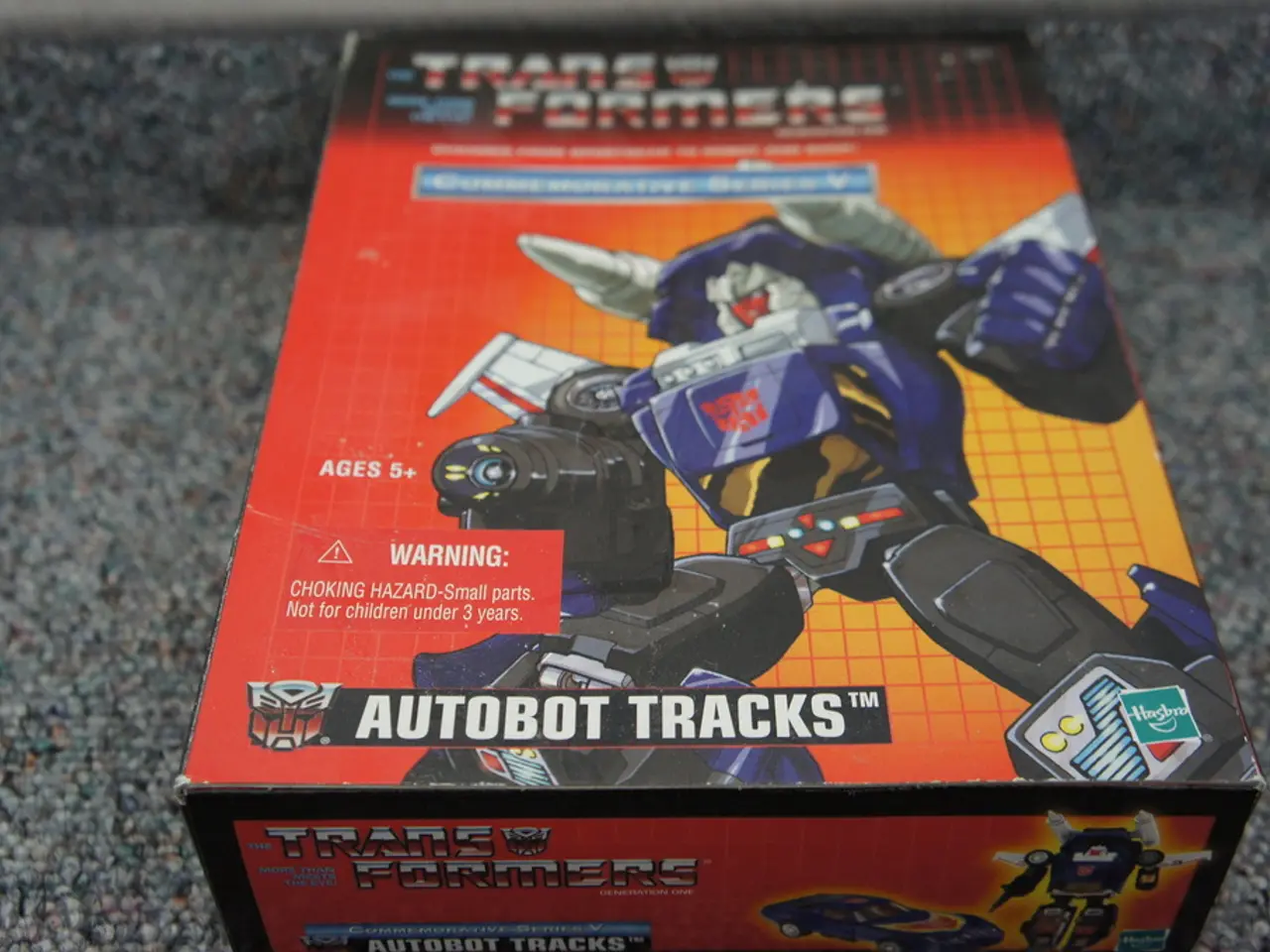Streamlined Production: Implementing Artificial Intelligence in Manual Manufacturing
In the ever-evolving landscape of the manufacturing industry, artificial intelligence (AI) is set to play a pivotal role in shaping the future. According to recent trends, AI is poised to revolutionise various facets of manufacturing, from sustainable manufacturing and predictive maintenance to smart manufacturing and supply chain optimization.
As per a survey, 77% of businesses are experimenting with or leveraging AI technology in their manufacturing processes. This shift towards AI is driven by its ability to assist in analysing and reporting data with an accuracy of 99%.
One of the key areas where AI is making a significant impact is predictive maintenance. By monitoring machinery health using IoT sensors and AI analytics, potential failures can be predicted before they occur, enabling scheduled maintenance and reducing unplanned downtime.
Quality control is another area where AI is making a difference. AI-driven image recognition and machine vision are being used for product inspection, enabling faster and more accurate detection of product anomalies, thereby improving product quality and reducing waste.
Process simulation and digital twins are also being utilised to virtual model manufacturing processes. AI simulates different production scenarios to identify optimal setups, accelerating design iterations and reducing time-to-market.
AI is also playing a crucial role in resource and energy utilization. By analysing production data, AI can recommend adjustments that minimise resource consumption and costs, enhancing sustainability.
In the realm of supply chain and workflow optimization, AI-driven tools are streamlining scheduling, inventory management, and information flow, reducing bottlenecks and improving overall operational efficiency.
To optimise AI-integrated manufacturing, it is essential to integrate AI with Manufacturing Execution Systems (MES) to provide actionable insights and automate process adjustments for enhanced efficiency and quality. AI-driven simulation should also be implemented to complement existing simulation tools, allowing for dynamic modelling and scenario analysis to refine production strategies.
A robust data strategy should be established to ensure high-quality, accessible data sources to feed AI models, ensuring accurate predictions and recommendations. Routine tasks should be automated using AI chatbots and automation to reduce manual intervention and errors.
To maintain scalability and flexibility, AI solutions should be designed to adapt to changing requirements and integrate with new data sources as the manufacturing environment evolves. Investing in talent and continuous learning is also crucial to build expertise in data science and machine learning within the organisation, and stay updated with technological advancements to maintain a competitive edge.
Maker's Row, an AI-powered platform, offers a solution for both brands and manufacturers to integrate AI into manufacturing operations. The platform connects brands with American manufacturers that are forward-thinking and ready to embrace innovation, including artificial intelligence.
The global AI market is projected to grow from $244.22 billion in 2025 to $1.01 trillion by 2030 at a 26.60% compound annual growth rate (CAGR). AI is expected to improve efficiency and boost productivity by enabling local manufacturing, shortening the supply chain, predicting demand, optimising inventory, and reducing lead times.
However, it is important to note that the workforce needs to be trained on using AI in manufacturing processes and updated workflows with AI integration. AI can help address manufacturing issues such as rising production costs, supply chain disruptions, workforce shortages, quality control issues, and equipment downtime.
In conclusion, by targeting these core manufacturing processes and following the outlined optimization strategies, companies can leverage AI to drive significant improvements in efficiency, productivity, and product quality.
The integration of AI technology is not only limited to the manufacturing industry, as 77% of businesses across various sectors are experimenting with or leveraging AI in their processes. Furthermore, the finance industry is also expected to benefit from AI, as its data analysis and reporting capabilities are remarkable, with an accuracy of 99%.
In the realm of business and finance, AI can streamline financial forecasting and risk management by analyzing vast amounts of data with incredible precision. AI algorithms can detect patterns and trends that take human analysts substantial time to uncover, enabling faster and more accurate decision-making in financial markets.




